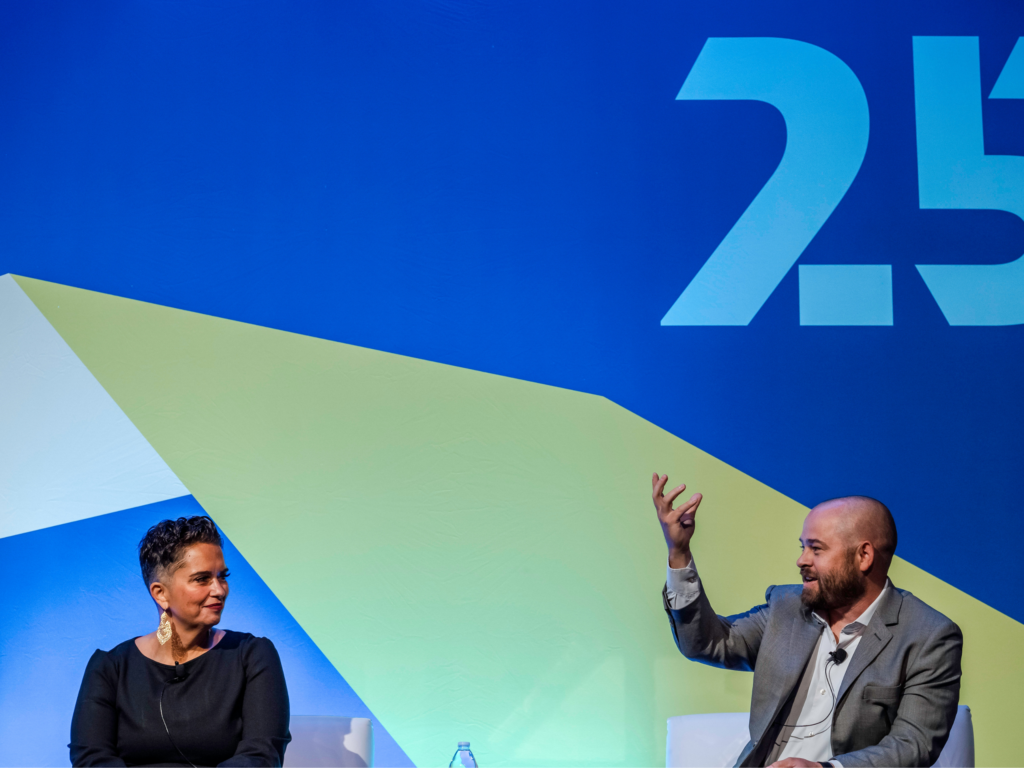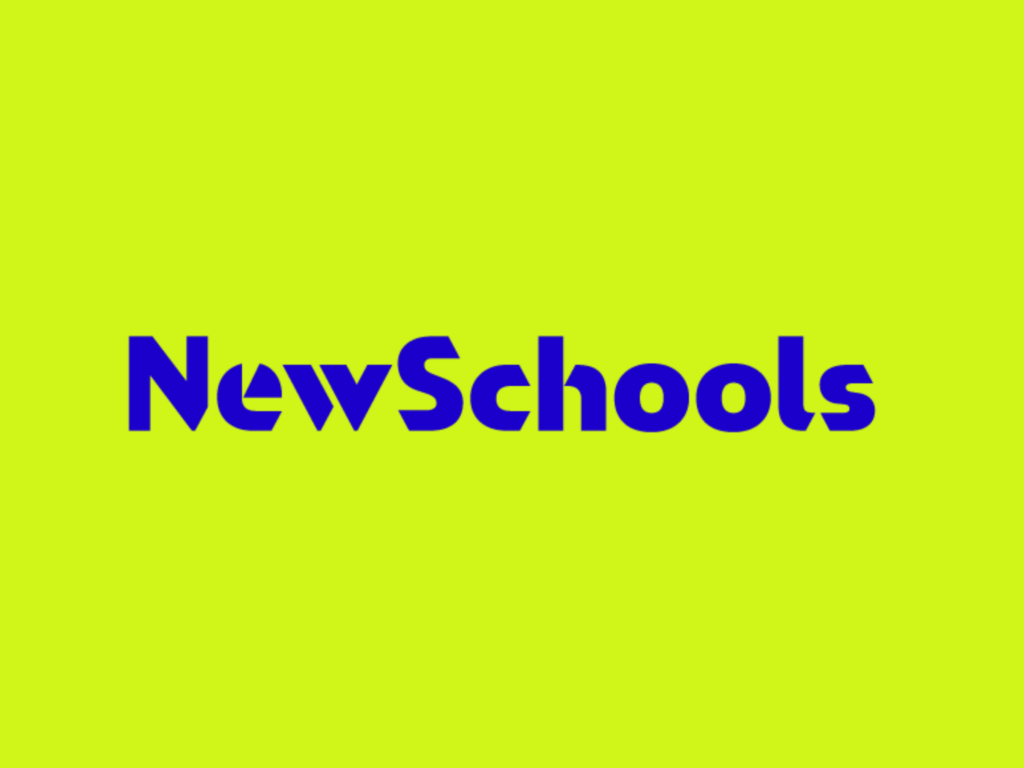This guest post comes from Andrew Rotherham of Bellwether Education Partners, the voice behind the must-read education blog Eduwonk.com and a prolific writer whose columns and articles regularly appear in U.S. News & World Report and many other publications.
I’ve been lucky enough to attend NewSchools Summits pretty much since they started. [Editor’s note: we checked, and as of tomorrow, Andy will have indeed attended every single one of the 11 NewSchools Summits.] Back when I started going it was a gathering of freaks, good people from various parts of the education sector who believed there were better ways to serve kids. The Summit was generally held in small hotels, out in California’s Silicon Valley.
Now it’s held at big hotels and sometimes in Washington D.C. It used to attract out of work or retired politicians. Now it’s a magnet for active ones.
It’s an apt parallel for how the entrepreneurial education reform movement morphed from a marginal presence to a component of education reform today.
Organizations that were just getting their sea legs when the Summits started are now household names.
There are former KIPP students in Teach for America now. And Teach For America teachers who were themselves taught by Teach For America corps members.
In Houston, YES Prep is poised so send more students to college than the entire Houston Independent School District.
The Aspen Institute-NewSchools Fellowship for Entrepreneurial Leaders in Education is on its third cohort.
Harvard is launching an advanced degree for education leaders this fall.
John King is a deputy commissioner of education in a major state.
“Talk to Joe” is part of the lexicon.
This little movement is still overwhelmed by the challenges it faces. It’s chastened by some hard-won lessons and has more humility. But there is also an even deeper and subtler determination as a result. At the early Summits, cynics suggested that everyone would be onto other things within a few years. Instead, the numbers have multiplied.
NewSchools didn’t do all this alone, of course. But it was a catalyst and a rally point, something social movements need. The Summit has been the symbol of that.
These days pretty much everyone has busier lives so a few days is a bigger commitment than it used to be. Still, people make an effort to go to the NewSchools Summit because the content is good and it’s nice to see some old friends. But mostly it’s because what happened over a relatively short period of time gives you hope that for all its warts, positive social change is possible. How many meetings can you say that about?
Andrew J. Rotherham is a co-founder and partner at Bellwether Education Partners, a non-profit organization working to improve educational outcomes for low-income students, where he leads the firm’s thought leadership, idea generation, and policy strategy work. Rotherham previously served at The White House as Special Assistant to the President for Domestic Policy during the Clinton administration and is a former member of the Virginia Board of Education. In addition to Bellwether, Rotherham has founded or co-founded two other successful education reform organizations including Education Sector and served on the boards of several other successful education start-ups. He is a senior fellow at the Center on Reinventing Public Education and also at the PostPartisan Foundation. He serves on advisory boards and committees for a variety of organizations including The Broad Foundation, Education Pioneers, Harvard University, and the National Governors Association. He is on the board of directors for the Mind Trust, Curry School of Education at the University of Virginia, and Democrats for Education Reform.


